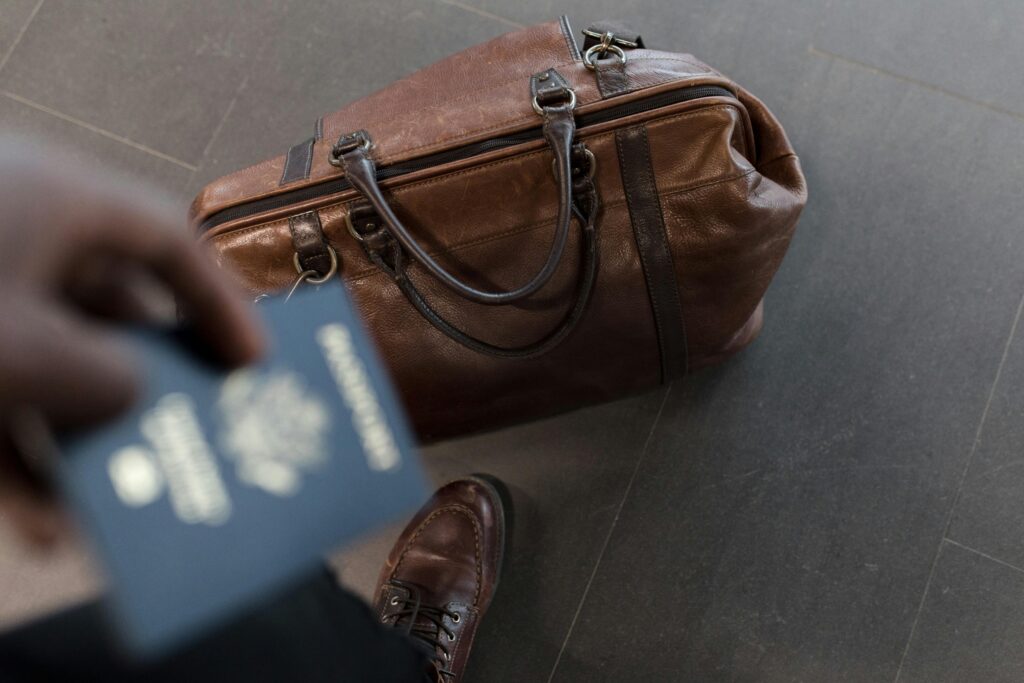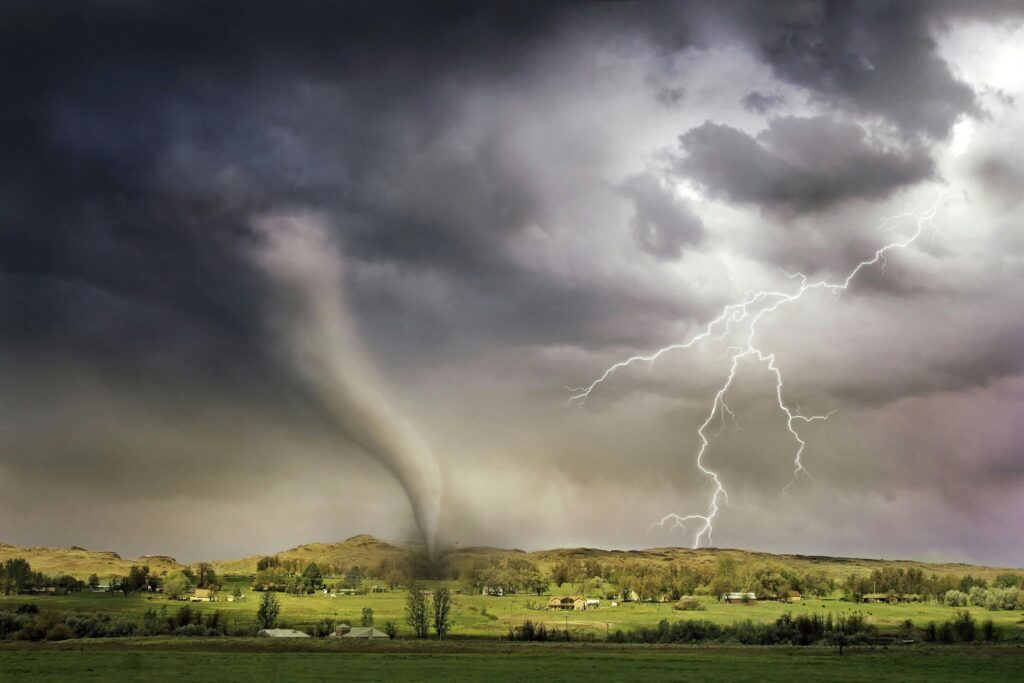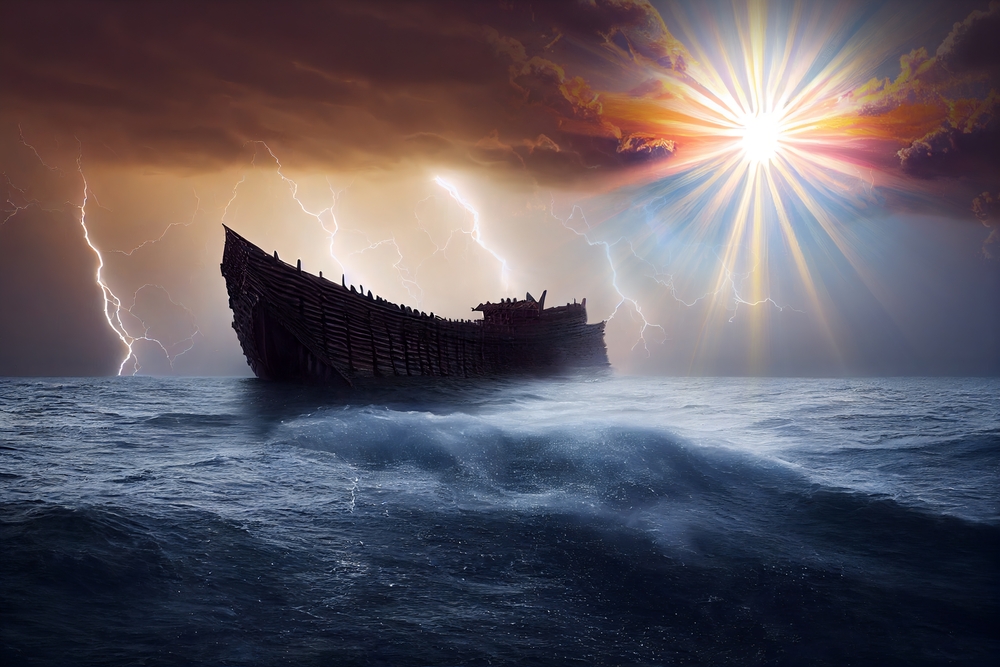Tourists Are Canceling Trips After ‘New Baba Vanga’ Predicts Catastrophic Event That Will Take Place in Just Two Months

Imagine planning the trip of a lifetime — tickets booked, bags packed, excitement in the air. And then, with a single headline and a viral video, fear takes the wheel. Suddenly, the countdown to adventure becomes a countdown to catastrophe. You cancel. So do thousands of others.
Why?
Because someone who’s never met you — someone who claims to see the future — said something might happen.
This is not a scene from a dystopian film. It’s real, and it’s happening now.
In a world powered by data and digital logic, why do ancient echoes of prophecy still pull the strings of modern decision-making? Why does the word of a mystic — a “new Baba Vanga” — hold more weight than a country’s tourism board or years of rational planning?
When fear wears the mask of certainty, even the wisest wanderers retreat.
But maybe the deeper question isn’t about one woman’s prediction or even the tourists canceling their plans.
Maybe the real question is: Who are we letting guide our lives — our wisdom or our worry?
The Psychology of Prophecy – Why We’re Wired to Believe
We live in an age where satellites orbit the Earth, AI drives conversations, and science unravels mysteries once thought divine. And yet, a whispered prophecy can still cause panic. Why?
Because the human brain is not built just for data — it’s built for meaning.
When we’re faced with uncertainty, our minds instinctively reach for patterns. Psychologists call this patternicity — our tendency to find connections, even where none exist. It’s a survival instinct. In ancient times, assuming rustling in the bushes meant a predator could save your life. Today, that same instinct makes us see danger in vague predictions.
Blind mystic Baba Vanga who predicted 9/11 makes terrifying nuclear disaster prediction for 2023‼️😳 pic.twitter.com/MaU8veWPnV
— Pubity (@pubity) June 7, 2023
Add to that our craving for control. In a chaotic world, prophecies give us the illusion of order — a roadmap, however dark, is still a map. “If someone saw this coming,” we tell ourselves, “then maybe it’s real. Maybe I can prepare.” It’s a way of soothing the anxiety of the unknown.
And then there’s the power of confirmation bias. Once we’ve heard a warning, our brains start scanning for signs that it might be true. A stormy sky. A bad headline. A gut feeling. We don’t just see what’s there — we see what fits the story we’ve already begun to believe.
Dr. Tali Sharot, a cognitive neuroscientist at University College London, explains this beautifully: “People are not driven by facts alone, but by the emotional significance attached to those facts.”
So when a so-called prophet speaks with conviction — when their words tap into our fears or deepest questions — they bypass logic and hit something older: emotion, myth, memory.
It’s not foolishness. It’s human nature.
But recognizing that nature is the first step to rising above it.
Viral Fear and the Cost of Reaction

In today’s world, fear travels faster than facts.
A single prediction, posted online, can ripple through millions of minds in hours. It starts as a whisper — a vague warning, a name like “the new Baba Vanga” — and before long, it becomes a movement. Screenshots, headlines, TikToks, tweets. The prophecy mutates and multiplies, untethered from its origin, growing louder with each share.
The result? Real-world consequences.
In Japan, the tourism industry — a critical pillar of its post-pandemic recovery — is now stumbling under the weight of fear-fueled cancellations. Hotel bookings vanish. Tour guides lose income. Local economies, especially in smaller regions that rely heavily on international visitors, suffer. All triggered by an unverified warning about a catastrophe that hasn’t happened — and may never happen at all.
But the cost isn’t just economic. It’s emotional.
When fear becomes collective, it creates what psychologists call “emotional contagion.” One person’s anxiety fuels another’s, until entire communities are caught in a wave of unease. Suddenly, logic takes a backseat. Decisions are made in haste. Plans are dropped. Doors close — not just to countries, but to possibilities.
And the irony?
Most of the time, these predicted disasters never materialize. But the damage is done. Trust is frayed. Joy is postponed. A vacation turns into a cautionary tale.
In a sense, the catastrophe people feared has already happened — not out there in the world, but inside us. It’s the shrinking of hope. The hijacking of the present moment by imagined futures.
When fear is amplified by technology and unexamined belief, it becomes not just contagious — it becomes paralyzing.
Reclaiming the Mind – Choosing Response Over Reaction

Fear may be contagious — but so is awareness.
In a world that constantly pulls at our attention and primes us to react, reclaiming your peace of mind is a revolutionary act. It’s the quiet art of choosing response over reaction — of pausing, questioning, and grounding yourself before letting fear dictate your decisions.
The first step is awareness. When something triggers you — a headline, a prophecy, a viral post — take a breath before taking action. Ask yourself: Is this based on fact, or just emotion? Am I being informed, or manipulated? That simple moment of reflection creates space between the stimulus and your response — and in that space, freedom lives.

Neuroscientist Viktor Frankl once wrote:
“Between stimulus and response there is a space. In that space is our power to choose our response.”
It’s not about dismissing concern or pretending bad things never happen. It’s about balancing emotion with discernment. It’s about recognizing when fear is trying to serve you — and when it’s simply trying to control you.
One of the most powerful tools in this process is media literacy. Learn to trace sources, question motivations, and distinguish between credible warnings and viral sensationalism. The more informed your mind is, the less easily it is hijacked.
But perhaps the deepest tool is presence.
When you’re anchored in the present moment — not spinning in future catastrophes — you reclaim your energy. You become unshakable not because the world is certain, but because you are. Practices like meditation, journaling, even mindful walks can help shift your center of gravity back to where it belongs: here, now.
Because while we can’t predict the future, we can choose how we meet it — not with panic, but with clarity.
Who Holds the Pen to Your Story?

Prophecies will come and go. Fear will knock — sometimes loudly, sometimes disguised as wisdom. But in the end, no matter what’s forecasted, there’s one truth that remains:
You choose what you give power to.
In a world obsessed with predicting what might happen, we often forget the power we have in the present — the power to decide how we move, think, and live. The “new Baba Vanga” may predict a dark July, but ask yourself this: Are you living your life by someone else’s vision, or are you writing your own?
Every day, you hold the pen.
You can write a story of retreat — one where fear sets the boundaries and limits your experience.
Or you can write a story of awareness — one where you acknowledge uncertainty, but still move forward with intention, courage, and trust in your ability to navigate the unknown.
Because the real catastrophe isn’t out there on the horizon. It’s the slow erosion of personal power when we surrender our agency to predictions.
So let this moment be a turning point.
Not to ignore warning signs. Not to walk blindly. But to walk bravely.
To choose discernment over panic. Presence over prophecy. And purpose over paralysis.
Because the future isn’t written in the stars —
It’s written in your steps.
The Future Isn’t Predicted — It’s Chosen
In every era, fear has worn different masks — war, plague, prophecy, uncertainty. And yet, one truth echoes through time:
The future isn’t something to fear. It’s something to face.
We cannot control every headline or prediction that surfaces, but we can control how deeply it roots in us. We can choose not to hand over our peace to a stranger’s vision. We can pause, breathe, and ask: Is this fear mine to carry? Or is it just noise in disguise?
What defines us isn’t the forecast — it’s the way we show up anyway.
So as the world spins its stories and timelines shift like sand, remember this: You are not a passenger on someone else’s prophecy. You are the author of your own.
And that — even in uncertain times — is a truth worth holding onto.
Loading...

